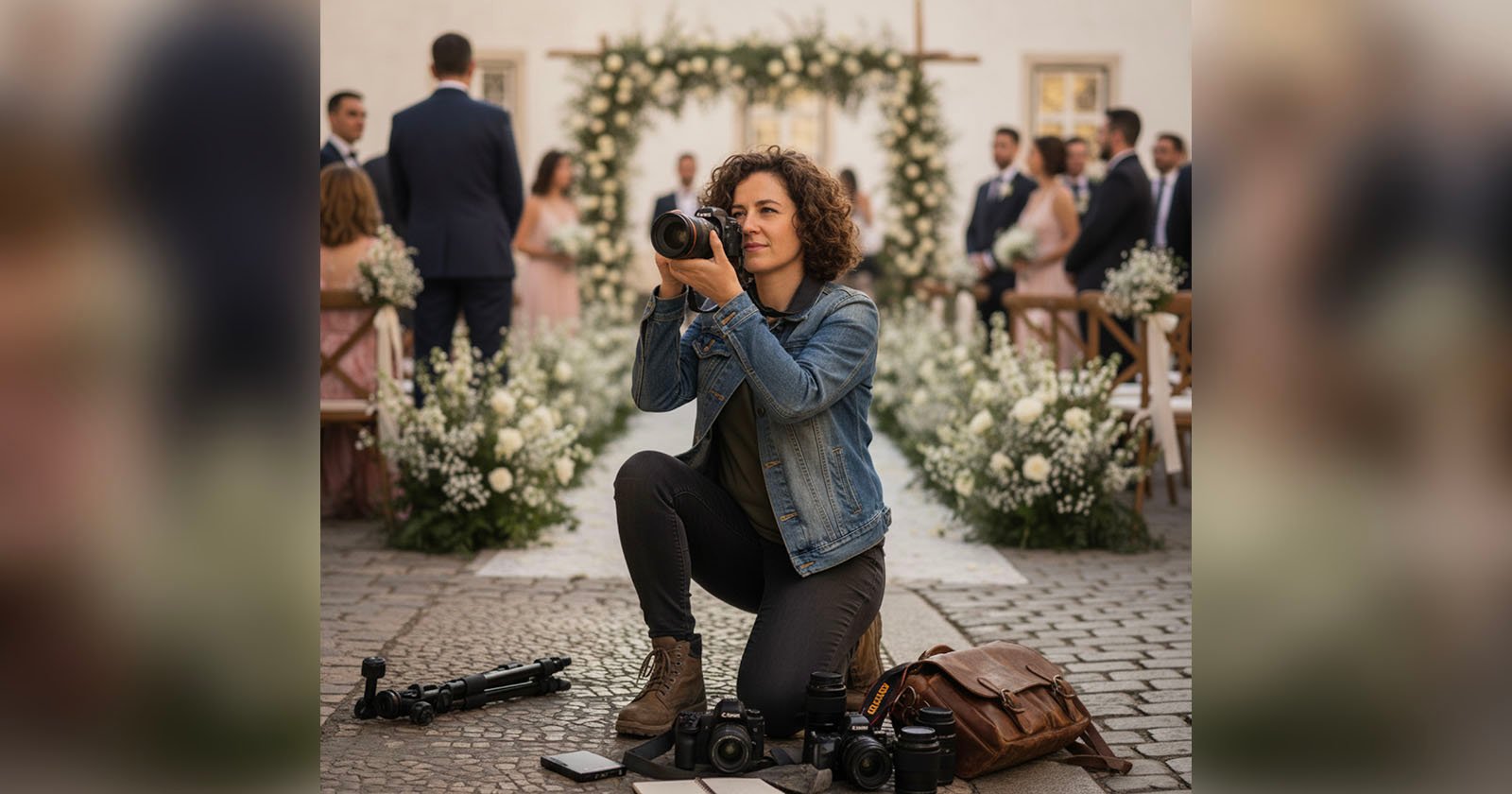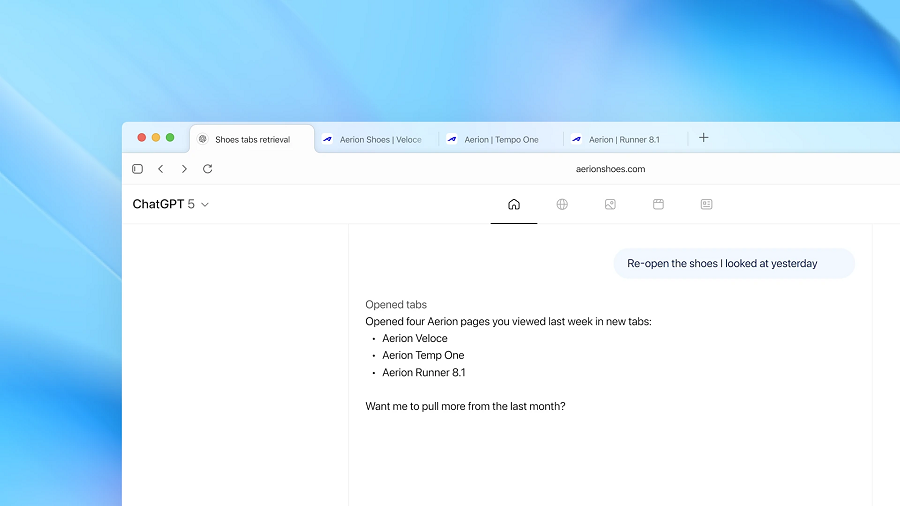Copyright PetaPixel

As photographers, we often obsess over our gear. We meticulously research the latest mirrorless bodies, spend hours comparing lens charts, and invest thousands in lighting, tripods, and editing software. Our camera bags are often brimming with highly valuable assets, assets we diligently protect with insurance, cases, and careful handling. Full disclosure: This article is brought to you by LegalZoom. But what about the other assets? The ones that truly matter if a client dispute turns ugly, a project goes sideways, or a costly mistake is made? We’re talking about your personal bank accounts, your home, your car, and your savings. For many photographers, especially those just starting out or working as freelancers, these personal assets are unknowingly exposed to business liabilities. That’s where the Limited Liability Company (LLC) comes in. Think of an LLC not just as a legal formality, but as an essential piece of business armor. It creates a critical separation, protecting what you’ve worked hard for, both inside and outside your photographic pursuits. The Great Asset Protection: Separating Your Business from Your Life When you operate a photography business as a sole proprietorship (the default legal structure if you haven’t formally registered anything else), there’s no legal distinction between you and your business. This means if your business incurs debt, faces a lawsuit, or gets into any legal trouble, your personal assets are fair game for creditors or claimants. Imagine a scenario: you’re shooting on location, and a client trips over a light stand cable, resulting in an injury. Or perhaps a commercial client claims your images didn’t meet contractual obligations and sues for damages. Without an LLC, that lawsuit could put your personal savings, home equity, and other non-business assets at risk. An LLC changes this entirely. It establishes a legal “wall” between your business’s finances and liabilities and your personal finances. This is called limited liability. Should your photography business face a lawsuit or accrue debt, generally only the assets owned by the LLC (like your business bank account, equipment, and business vehicles) are at risk, not your personal property. This separation is the most compelling reason to form an LLC. Want to understand the fundamental difference? Learn more about the LLC vs Sole Proprietorship, and find out which one is best for your business. The Tax & Accounting Advantage (Simpler, Not Necessarily Cheaper) While tax benefits aren’t usually the primary driver for forming an LLC, there are significant advantages regarding financial clarity and potential future tax flexibility. By default, an LLC is a “pass-through” entity for tax purposes. This means the business itself typically isn’t taxed at the corporate level; instead, profits and losses “pass through” to your personal income tax return. This avoids the “double taxation” sometimes associated with corporations, simplifying your tax filings. However, it’s crucial to maintain clear separation of business and personal finances for easier accounting and to uphold the legal integrity of your LLC. This includes understanding how to pay yourself in an LLC properly. Getting Started: The Path from Hobbyist to LLC Owner Forming an LLC might sound like a daunting legal process, but it’s surprisingly straightforward, especially with the right guidance. The basic steps generally include: Choosing a business name: Ensure it’s unique and available in your state. Appointing a Registered Agent: This person or service receives legal documents on behalf of your LLC. Filing Articles of Organization: The foundational document that officially creates your LLC. Creating an Operating Agreement: This document governs the structure and operations of your LLC. For a comprehensive walkthrough, LegalZoom provides a clear guide on how to start an LLC in 7 steps. Keep in mind that LLC formation rules and fees vary by state. Whether you’re in a high-volume market like California, or operating in a state like Florida, there are state-specific resources to help you navigate the process efficiently. The Final Click You meticulously protect your camera gear, knowing its value to your craft. It’s time to apply that same foresight to your business and personal financial health. An LLC is more than just a legal acronym; it’s a strategic business decision that provides crucial liability protection, enhances your professional credibility, and offers financial flexibility. Don’t let your passion expose your personal assets to unnecessary risk. Take the essential step to formalize and protect your photography business today. Your camera gear is valuable, but your peace of mind and your personal assets are priceless. strongFull disclosure: This article is brought to you by LegalZoom.



